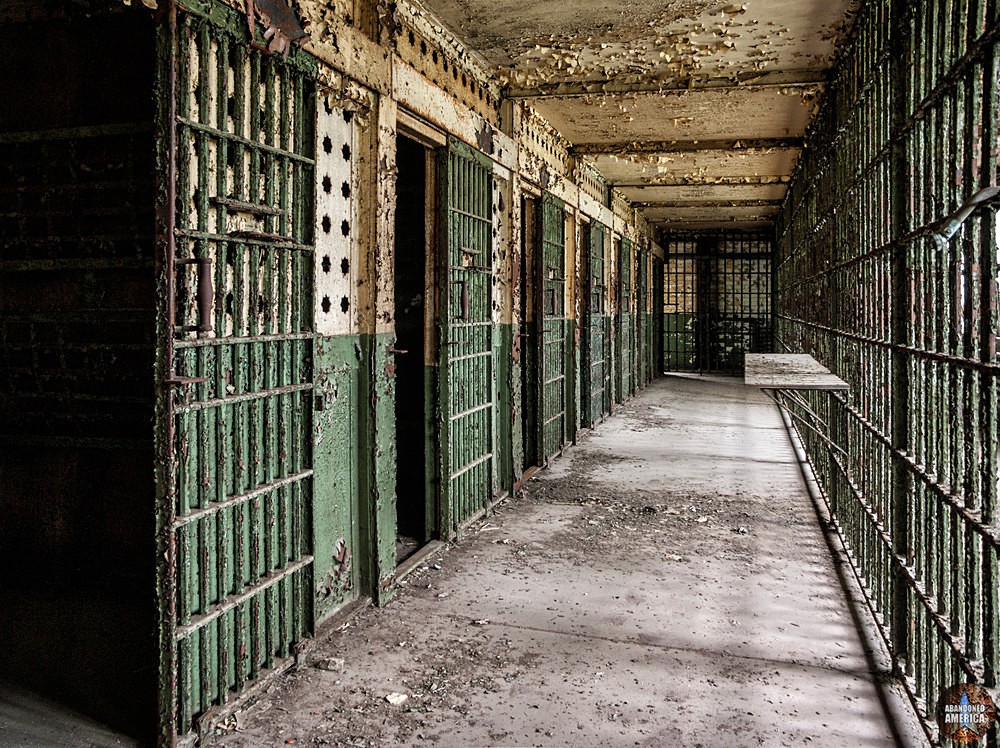

The extent to which The Ballad of Reading Gaol is a Gothic poem is open to debate, but this section of the poem is preoccupied with night terrors, ‘phantoms’, and notions of haunting. And the night before Woolridge is to hang, things take a Gothic turn: They are dead men walking, corpses that live and breathe: another paradox.

We banged the tins, and bawled the hymns,ĭeath is never far behind: each prisoner’s cell is ‘his numbered tomb’ (Wilde’s was C.3.3., of course). We rubbed the doors, and scrubbed the floors, Wilde then goes on to detail some of the harsh tasks he and his fellow prisoners were told to carry out: If the prisoner fell or contrived to take his own life, the State would be robbed of its retribution and punishment: Not because they want him to live, but because they want to make sure he his executed in the proper way, by the State. This doesn’t let him off his horrible crime, of course, but is not the same as dismissing him as an inhuman monster: a fine but important distinction.Īnother paradox, and one whose grim irony Wilde must have appreciated: warders walk alongside the condemned man at all times, ‘for fear the man might die’ before he is executed. Woolridge was not mad, paranoid, or evil, Wilde seems to feel: he was a jealous husband who did a terrible thing in the heat of his passions. The murderer is not othered by Wilde: instead, the poet recognises that such impulses lurk within every man, and it is wrong for us to condemn all killers as mere psychopaths or deviants. There is a sense of sympathy and kinship with the condemned guardsman here, a sense of ‘there but for the grace of God go I’. by one’s own hand) or execution for murder? The phrase ‘red Hell’, suggesting the red mist of murderous anger, implies the latter: even the mildest and most placid man may be driven to murder, Wilde seems to imply, by his passions. This is ambiguous: ‘end the self-same way’, does Wilde mean untimely death (e.g. This explains his apparent acceptance of the sentence. It was reported that Woolridge had turned himself in immediately after he had murdered his estranged wife in the street he announced that he would have turned the weapon (a razor) on himself if it had not fallen from his hand.


 0 kommentar(er)
0 kommentar(er)
